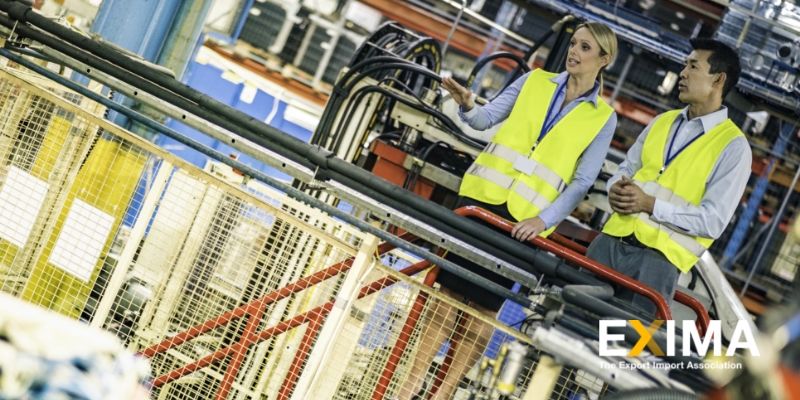Automation is changing the world. Over recent decades, the use of automated technology has grown rapidly and as artificial intelligence (AI) and machine learning (ML) have stepped into their prime, the capabilities of automation have developed to an unprecedented level. Automation is transforming all sectors and is being increasingly adopted for its benefits to companies, such as contributing to economic growth.
Over the next decade, automation will continue to transform the workplace, with certain industries expected to be affected more than others. Warehouse management is one such field that stands to derive great benefits.
The Top Benefits of Integrating Automation into Warehouse Management
Businesses benefit from automated warehouse management in many ways. With this technology, it is possible to significantly reduce overheads. Lighting and HVAC systems can be managed automatically via connected sensors so that they are only used when needed, reducing wasted costs. Automation also helps remove the costs of hiring human employees, or at least reduces their workload and, therefore, human hours required to run a warehouse. This can be achieved in numerous ways, for example, by automatically keeping inventory updated via sensors (e.g. RFID) that register how many products are currently in the warehouse.
Costs can further be reduced by allowing warehouses to adopt a perpetual inventory system. This is where software is used to estimate inventory needs based on current stock levels and electronic records that predict immediate needs. This prevents large numbers of stock from being stored at a single location, helping companies reduce their physical footprint.

Automation of warehouse management also allows for the use of robots. Robots can increase the speed at which stock is stored and retrieved. They can also reduce the risk of injury to human workers by relieving them from physically challenging jobs such as lifting heavy objects or climbing ladders. Collaborative robots, known as “cobots” for short, are those that are developed to work alongside human workers. These robots use automation to assist human workers where it is most efficient. As a result, human error is reduced and operating speeds are increased.
Finally, automation is key for predictive maintenance. Data collected and analyzed from equipment can be used to automatically monitor the performance of warehouse equipment. This information can detect possible defects before they are apparent, triggering preventative maintenance to stop a failure from occurring. This is important for keeping down warehouse overheads as the costs of unexpected machine failures are high.
What Will Warehouse Management of the Future Look Like?
The growing landscape of automatic and robotic technology that is becoming available to warehouse management systems is transforming the nature of warehouses and warehouse work. In the future, it is likely that warehouse management systems will continue to be streamlined, and become increasingly responsive, adaptive, safe, and cost-effective. As a result, businesses that rely on warehouses will likely reap the rewards of investing in automation systems.
EXIMA Is Here to Help!
Join our association today to have all your questions answered and build connections with trade experts from all over the world.









